Is Primbon True? Uncovering Facts and Controversies, Understand the Views According to Scholars
Primbon is still believed by some Indonesian people. But is primbon scientifically and religiously true? Check out the complete explanation here.
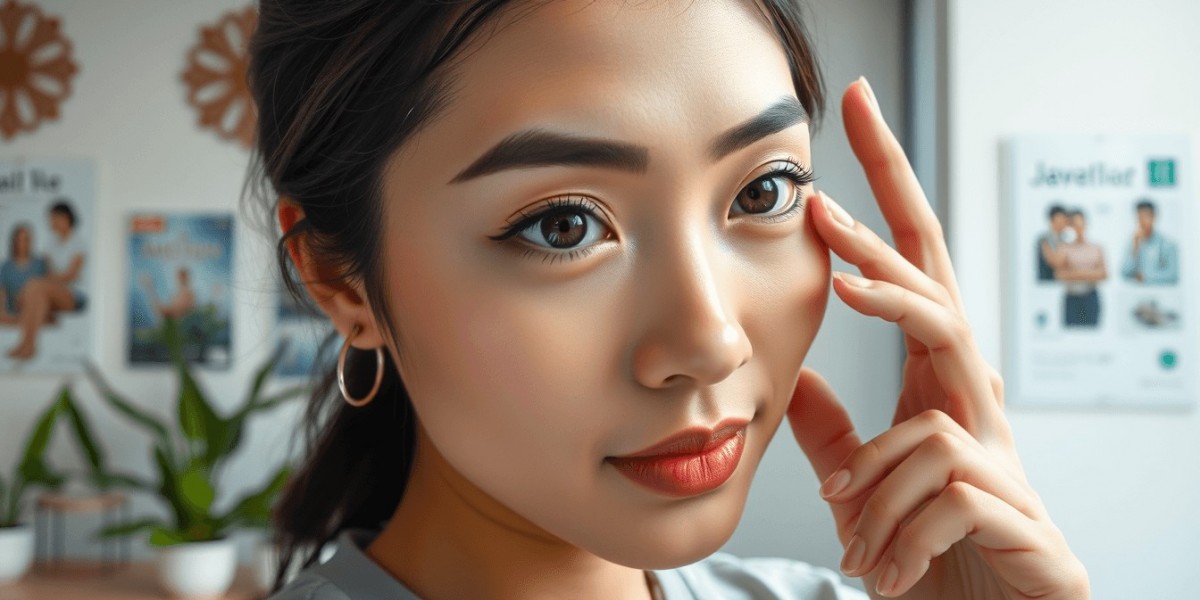
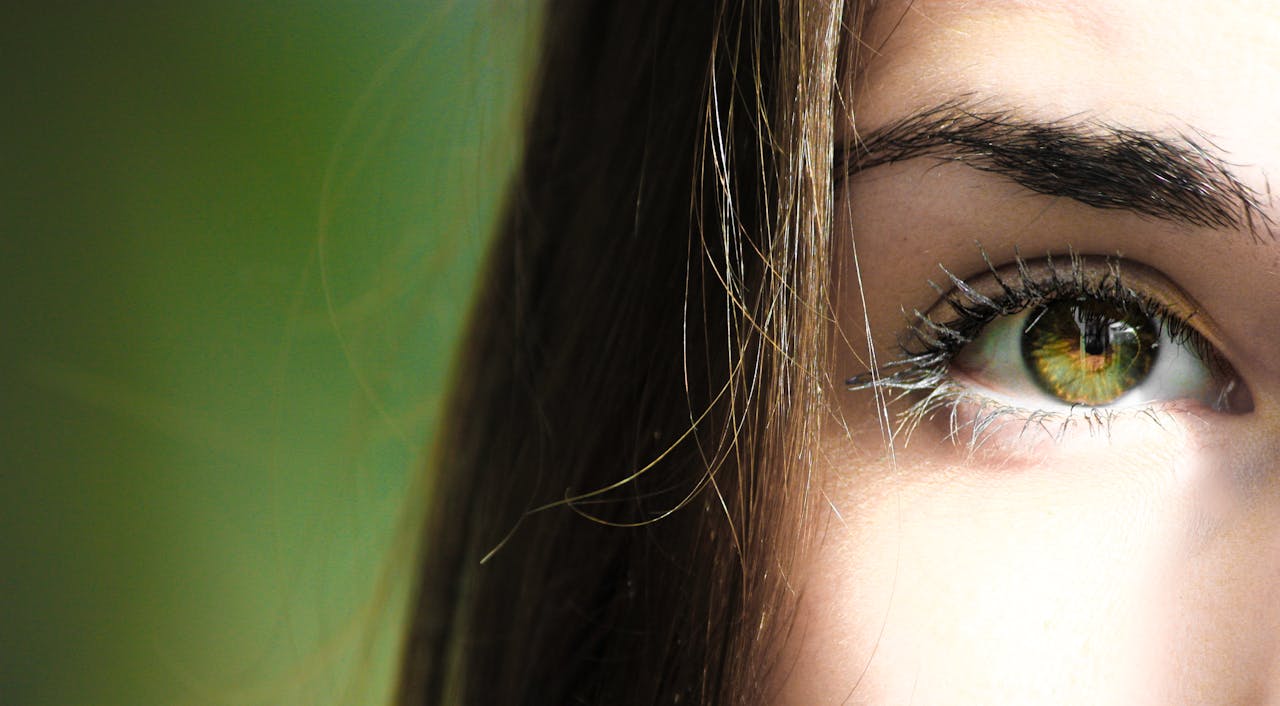
Right eye (credit: pexels)
Eye twitching, or medically referred to as blepharospasm, is an involuntary and repetitive contraction of the eye muscles. This phenomenon generally occurs in the upper or lower eyelid and can last from a few seconds to several minutes. Although it can be bothersome, eye twitching is usually not harmful and will resolve on its own.
Medically, eye twitching can be caused by various factors, including:
However, in the context of Javanese culture, eye twitching has a different interpretation and is often associated with certain predictions or omens.
Javanese Primbon is a collection of traditional knowledge that is passed down through generations and used as a guide in various aspects of life. One of the topics discussed in the primbon is the interpretation of twitching in various parts of the body, including the eyes.
According to Javanese primbon, twitching in the upper right eye has several interpretations, including:
Twitching in the upper right eyelid is often considered a sign of impending good fortune or blessings. This can manifest as success in work, profitable business opportunities, or unexpected windfalls. However, it is important to remember that this good fortune does not come easily, but rather as a result of hard work and efforts made previously.
In addition to good fortune, twitching in the upper right eye is also believed to be a sign of good news on the way. This could be joyful news from family, friends, or colleagues. This good news may be something that has been long awaited or even an unexpected surprise.
In some interpretations, a twitch in the upper right eye can also mean that there will be a meeting with someone important or influential. This meeting may bring positive impacts on your life or career in the future.
Although most interpretations are positive, some also interpret a twitch in the upper right eye as a warning to be more careful. This could mean that there are challenges or obstacles to be faced, requiring greater vigilance and more thorough preparation.
For those who are experiencing illness or health issues, a twitch in the upper right eye is sometimes considered a sign of impending healing or improvement in health condition.
It is important to remember that these interpretations are part of traditional beliefs and do not have a scientific basis. Everyone is free to believe or not believe in these interpretations.
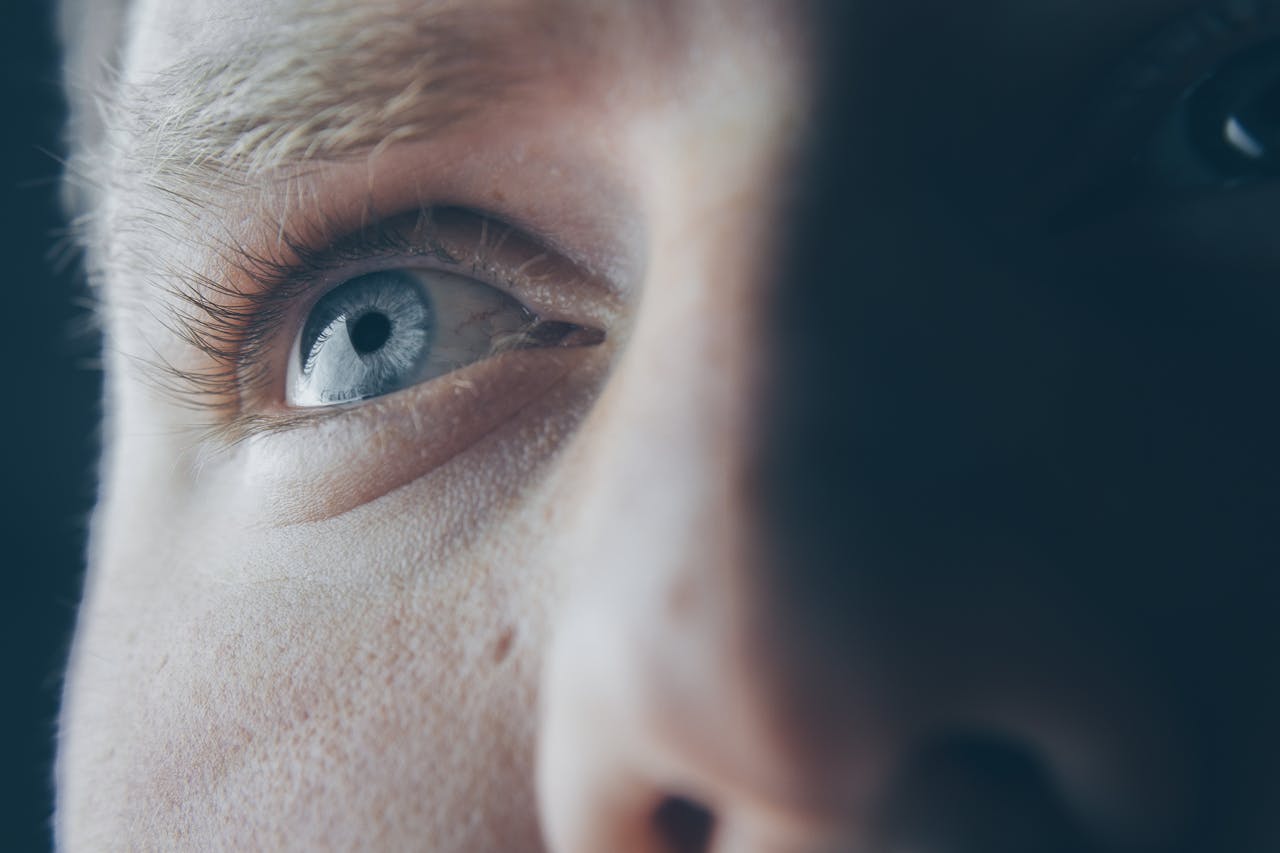
Right eye (credit: pexels)
From a medical standpoint, eye twitching is generally a harmless condition and is often caused by factors such as fatigue, stress, or mild irritation. However, in some cases, persistent eye twitching or twitching accompanied by other symptoms may indicate a more serious medical condition.
Some medical conditions that can cause eye twitching include:
Blepharospasm is a condition where the muscles around the eye experience uncontrolled contractions. This condition can lead to more severe and prolonged eye twitching.
Hemifacial spasm is a nerve disorder that causes muscle contractions on one side of the face, including the eye area. This condition can be caused by pressure on the facial nerve.
Eyes that are too dry can cause irritation and twitching. This condition is often seen in people who spend a lot of time on computers or live in low-humidity environments.
In rare cases, eye twitching can be an early symptom of neurological disorders such as multiple sclerosis or Parkinson's disease.
If eye twitching occurs continuously or is accompanied by other disruptive symptoms, it is advisable to consult a doctor for an accurate diagnosis and appropriate treatment.
Twitching in the upper right eye can be caused by various factors. Here are some common causes:
Stress and fatigue are the most common causes of eye twitching. When the body experiences excessive mental or physical pressure, the nervous system can become more sensitive, leading to uncontrolled muscle contractions, including in the eye area.
Deficiencies in certain nutrients, especially magnesium, can lead to eye twitching. Magnesium plays an important role in muscle and nerve function. A deficiency in vitamin B12 can also contribute to this issue.
Excessive caffeine can stimulate the nervous system and cause eye twitching. Drinks like coffee, tea, and energy drinks consumed in excess can trigger these symptoms.
Staring at a computer, smartphone, or other electronic devices for long periods can cause eye strain and muscle tension around the eyes, which can trigger twitching.
Allergies or irritation in the eyes can cause itching and discomfort, which can trigger twitching as a reflex response.
Lack of water intake can lead to an electrolyte imbalance in the body, which can affect muscle and nerve function, including in the eye area.
Some types of medication, especially those affecting the nervous system, can cause eye twitching as a side effect.
Lack of sleep or poor sleep quality can lead to eye fatigue and increase the risk of twitching.
Understanding these causes can help in identifying and addressing the issue of upper right eye twitching. However, if the twitching lasts a long time or is accompanied by other disturbing symptoms, it is advisable to consult a doctor for further evaluation.
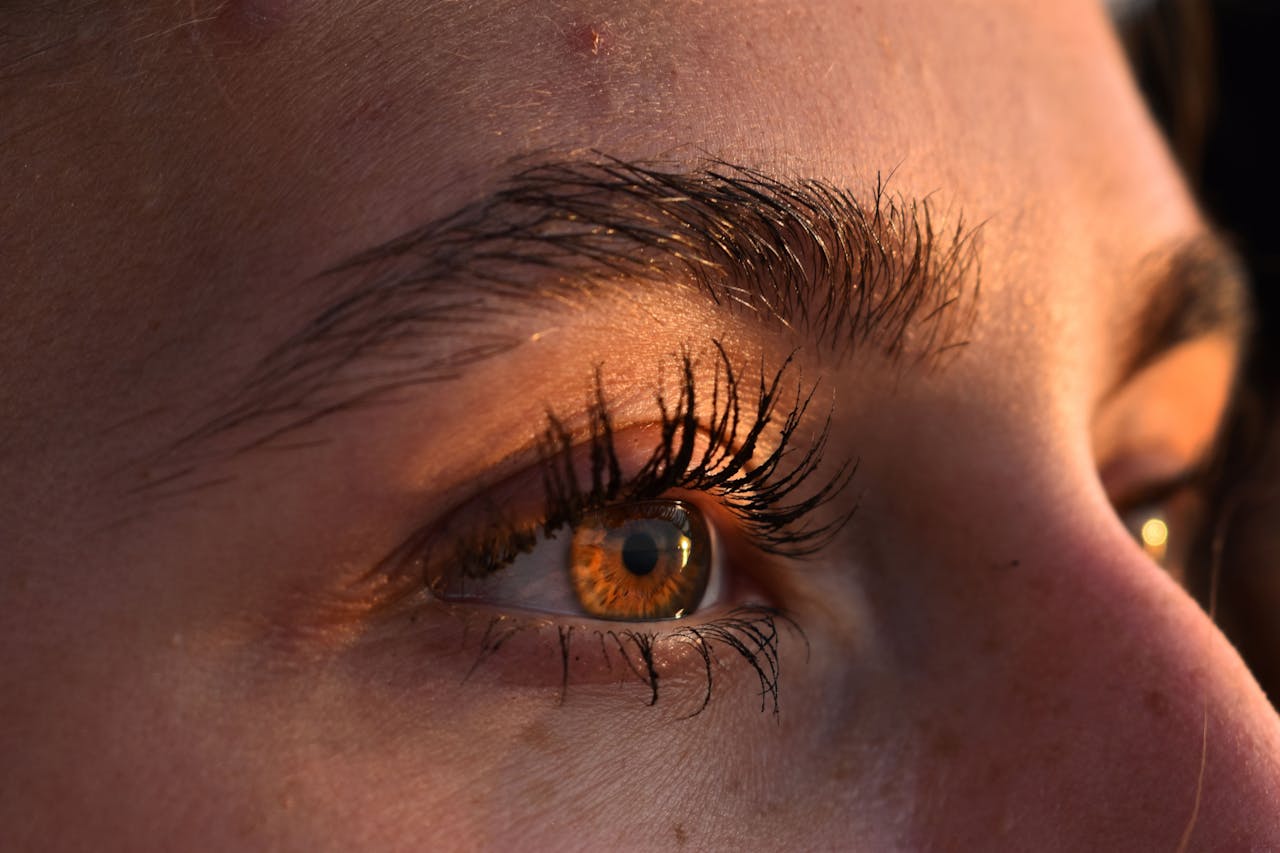
Right eye (credit: pexels)
Although eye twitching is generally not harmful, there are several ways to reduce or eliminate twitching:
Make sure you get enough quality sleep. Fatigue is one of the main causes of eye twitching. Try to sleep at least 7-8 hours each night and maintain a consistent sleep schedule.
Practice relaxation techniques such as meditation, yoga, or deep breathing to lower stress levels. Stress can trigger various bodily reactions, including eye twitching. Take time each day to engage in calming and enjoyable activities.
Caffeine can increase muscle tension. Try to reduce your intake of coffee, tea, or other caffeinated beverages, especially in the evening. Replace them with herbal drinks or plain water to help reduce excessive stimulation of the nervous system.
Drinking enough water can help prevent dehydration that can cause eye irritation. Aim to drink at least 8 glasses of water a day to maintain fluid balance in the body.
If you spend a lot of time in front of a computer screen, apply the 20-20-20 rule: every 20 minutes, look at an object 20 feet away for 20 seconds. This will help reduce strain on the eye muscles and prevent eye fatigue.
Warm or cold compresses on a twitching eye can help relieve muscle tension. Use a warm compress for 5-10 minutes to help relax the muscles, or a cold compress if there are signs of inflammation.
Ensure your nutrient intake is sufficient, especially magnesium, which is important for muscle and nerve function. Consume magnesium-rich foods such as nuts, seeds, and leafy greens. If necessary, consult with a doctor or nutritionist about any supplements that may be needed.
If your job requires long hours on a computer, use an anti-glare filter on the screen and adjust the room lighting to reduce eye strain. Also, consider using special computer glasses that can block blue light.
Perform simple eye exercises regularly to strengthen and relax the eye muscles. For example, move your eyes up and down, left and right, or make circular motions with your eyes.
Rubbing your eyes can worsen irritation and increase the risk of infection. If your eyes feel itchy or uncomfortable, use eye drops recommended by an eye doctor.
If the eye twitching persists or interferes with daily activities, do not hesitate to consult an eye doctor or neurologist. They can conduct further examinations to determine the cause and provide appropriate treatment.
As traditional beliefs evolve, many myths circulate around eye twitching. Let's differentiate between myths and facts:
Fact: Medically, eye twitching is generally just a normal body reaction and does not always have a specific meaning. Twitching is usually caused by factors such as fatigue, stress, or mild irritation.
Fact: There is no scientific evidence supporting that twitching in a specific eye brings good or bad luck. Right or left eye twitching does not have significant differences from a medical standpoint.
Fact: Eye twitching usually goes away on its own or can be managed with rest and stress reduction. There are no specific rituals that have been scientifically proven to cure eye twitching.
Fact: This is merely a popular belief without scientific basis. Eye twitching has no relation to meetings or romantic relationships.
Fact: Eye twitching has medical and physiological causes, not supernatural ones. Factors such as fatigue, stress, and nutritional imbalances are more likely to be the cause.
Fact: Although persistent eye twitching can be a symptom of certain medical conditions, most cases of eye twitching are benign and harmless.
Fact: While balanced nutrition is important for eye health, there are no specific foods proven to directly stop eye twitching.
Fact: Eye twitching can occur at any age, including in children and teenagers, although it is more common in adults.
It is important to understand that while traditional beliefs have their own cultural value, a medical approach is still necessary to understand and address health issues, including eye twitching.
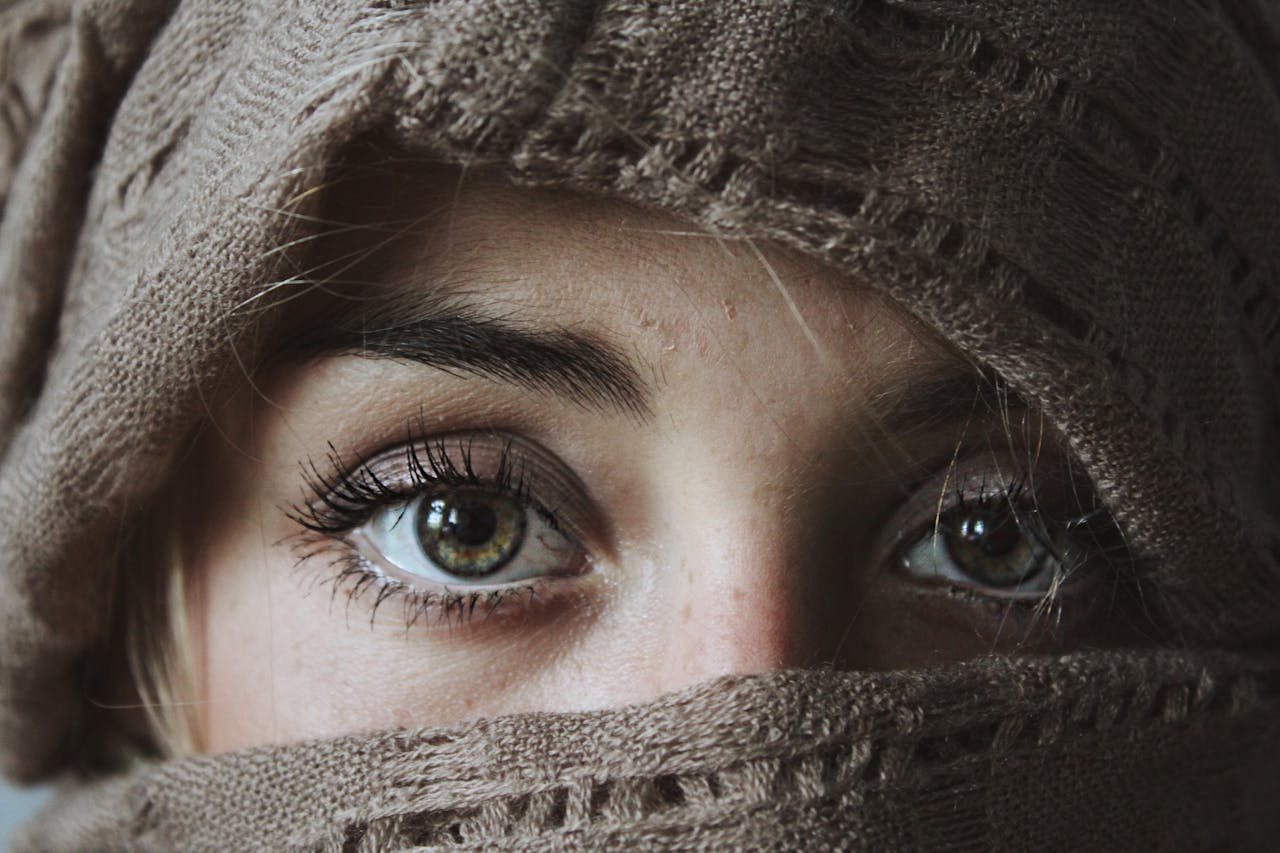
Right eye (credit: pexels)
Although eye twitching is generally harmless, there are some situations where you should consider consulting a doctor:
The doctor will perform a thorough examination to determine the cause of the twitching and provide appropriate treatment if necessary. The examination may include:
In some cases, the doctor may refer you to an eye specialist (ophthalmologist) or a neurologist for further evaluation.
Twitching of the right eyelid has various interpretations in Javanese primbon, ranging from signs of good fortune to warnings to be cautious. However, it is important to remember that these interpretations are part of traditional beliefs and do not have a scientific basis.
From a medical perspective, eye twitching is generally a harmless condition and is often caused by factors such as fatigue, stress, or mild irritation. However, if the twitching persists for a long time or is accompanied by other disturbing symptoms, it is advisable to consult a doctor for proper diagnosis and treatment.
Regardless of traditional beliefs, the most important thing is to maintain the health of the eyes and the body as a whole. With a healthy lifestyle, sufficient rest, and good stress management, we can reduce the risk of eye twitching and maintain eye health in the long term.
Find more interesting reviews at kapanlagi.com. If not now, when, KapanLagi?
(kpl/psp)
Cobain For You Page (FYP) Yang kamu suka ada di sini,
lihat isinya
Primbon is still believed by some Indonesian people. But is primbon scientifically and religiously true? Check out the complete explanation here.
Ringing ears according to primbon are often associated with omens or premonitions. Check out the complete explanation from cultural and medical perspectives here.
Pineapple juice is not only refreshing but also beneficial for lowering cholesterol! However, for optimal results, continue to support it with a healthy lifestyle.
Here are healthy, practical mushroom vegetable stir-fry recipes that are suitable for daily menus. Each recipe includes a brief explanation, ingredients, and easy-to-follow cooking steps!
Here we present the complete lyrics, translation, and meaning of the song Harris J - My Hero so you can better understand the extraordinary message conveyed in this song.
For those of you who want to know how to advertise on Instagram. Here are the proper procedures for advertising on Instagram. Let's check it out, KLovers!
Curious about how to do it? Here’s how to temporarily delete your Instagram account easily and practically.
Here is a collection of 350 meaningful and inspirational quotes for children.
If you are interested in joining this dynamic Instagram community, this article will guide you through the registration process and initial use of the platform.
There are several ways to recover deleted Instagram chats. This article will thoroughly discuss various methods you can try.
Here is a collection of 350 sarcastic words for hypocrites that can make them realize.
Health is a precious gift that is often only realized after it is lost. Here is a collection of 350 wise words about health that can motivate and inspire us to always maintain our physical and mental health: